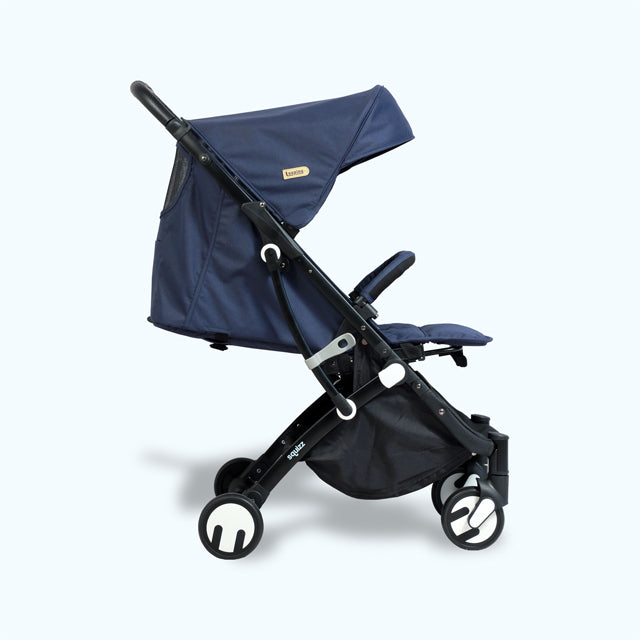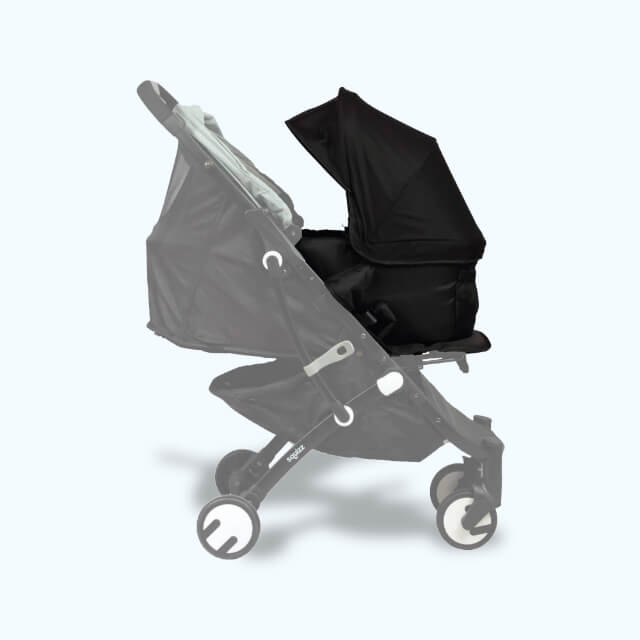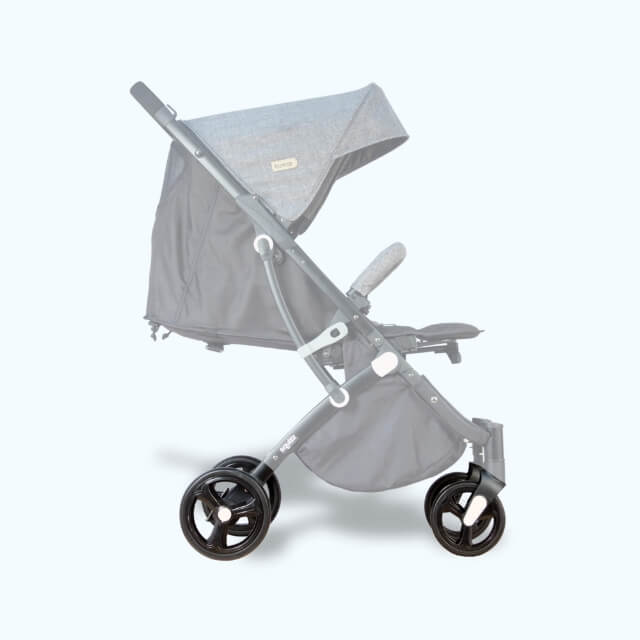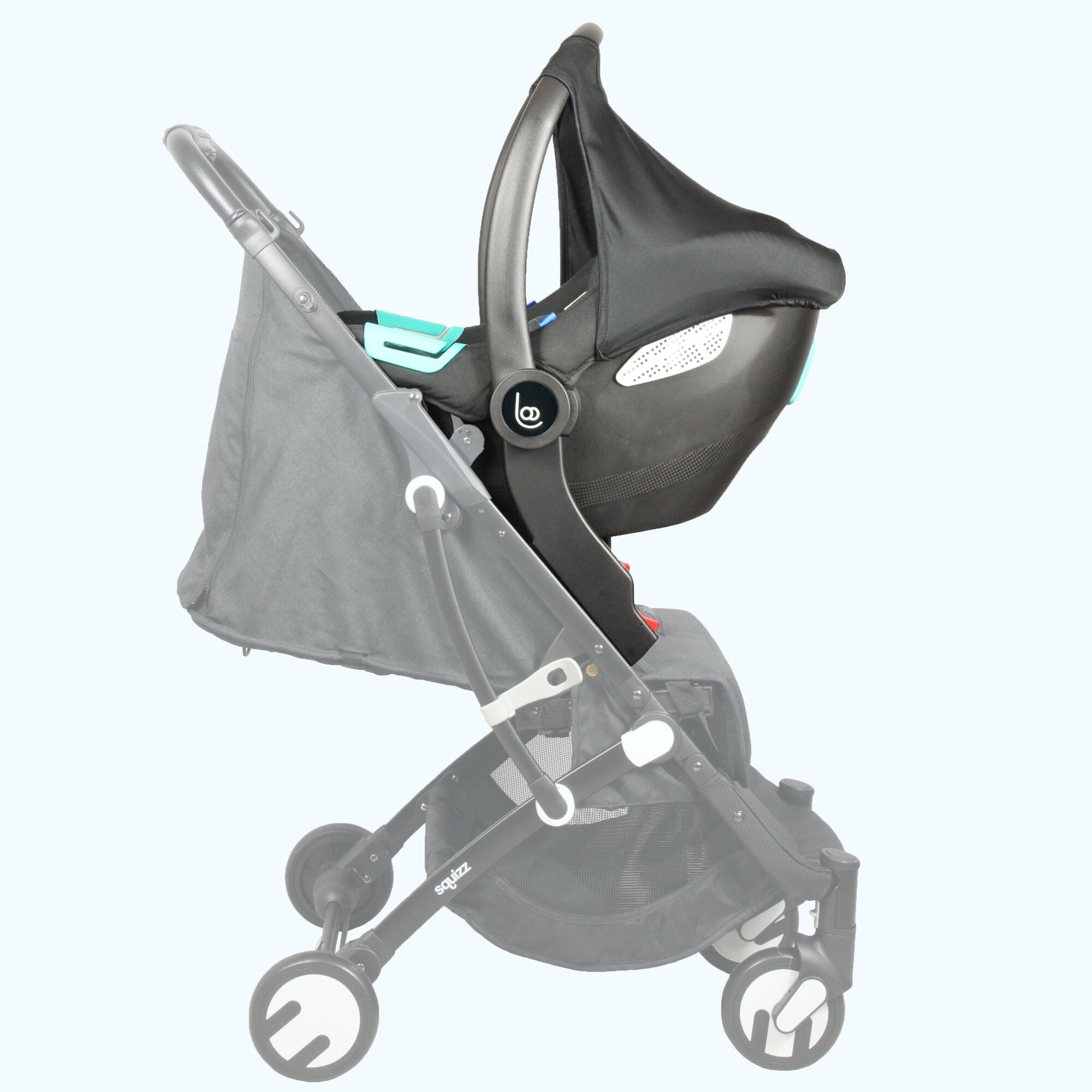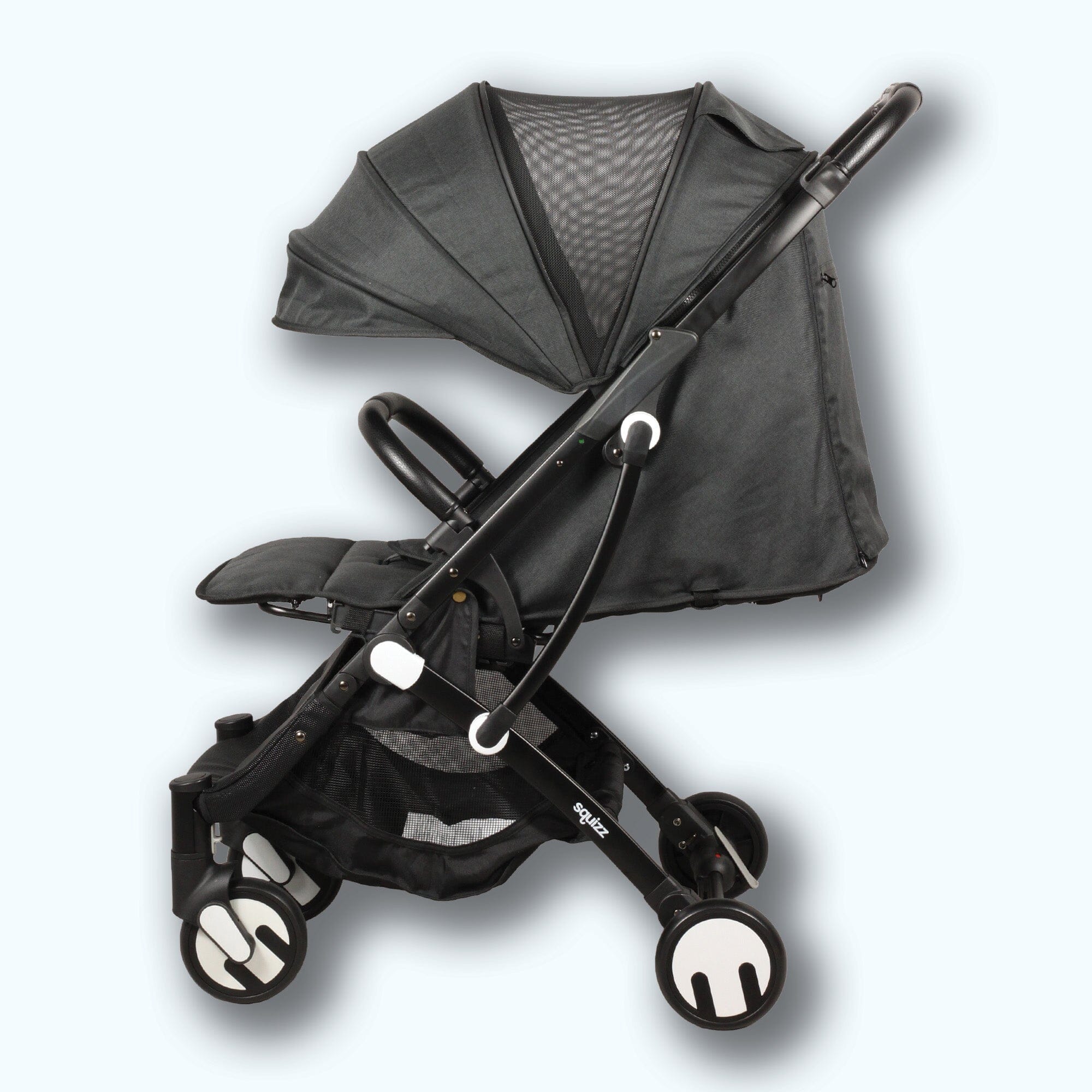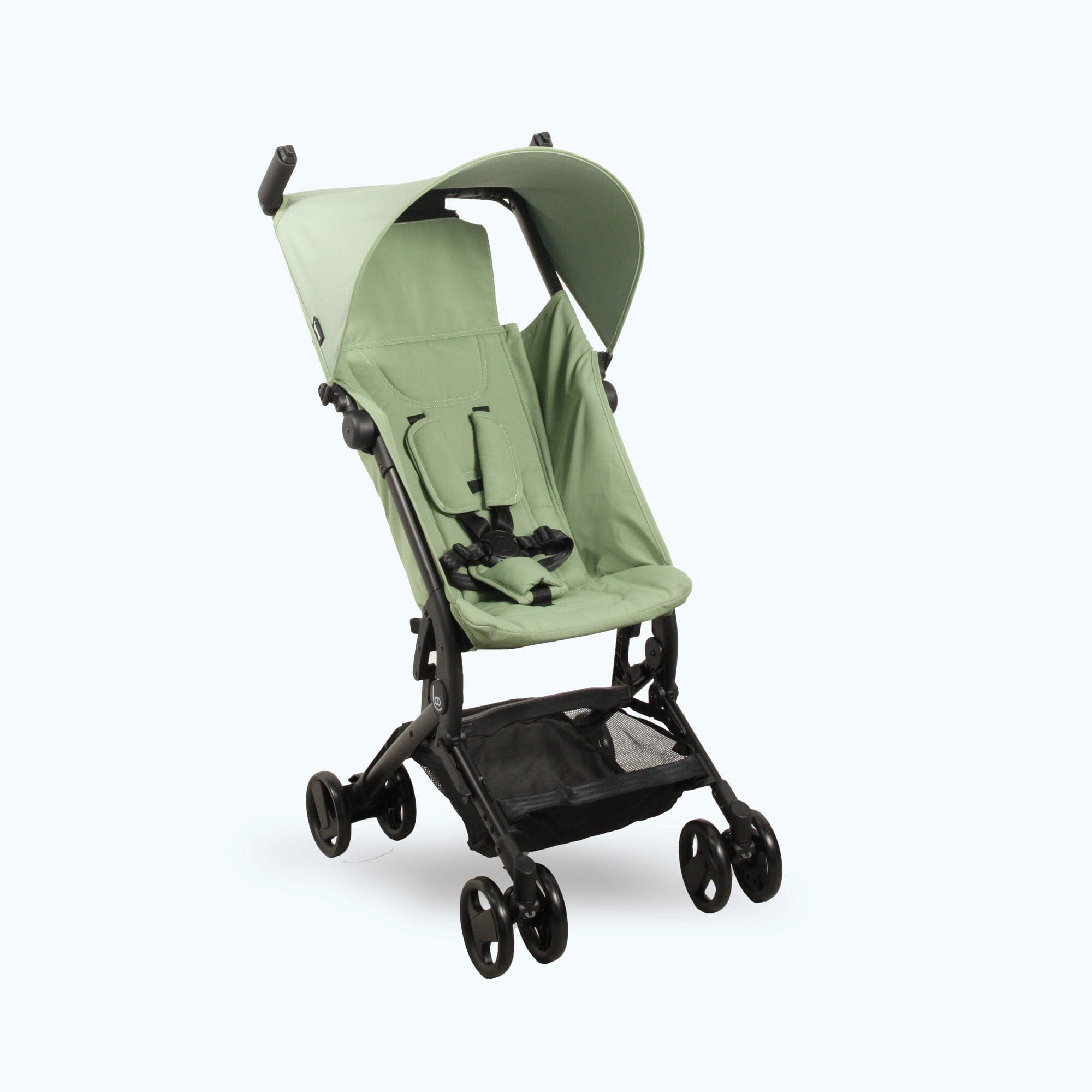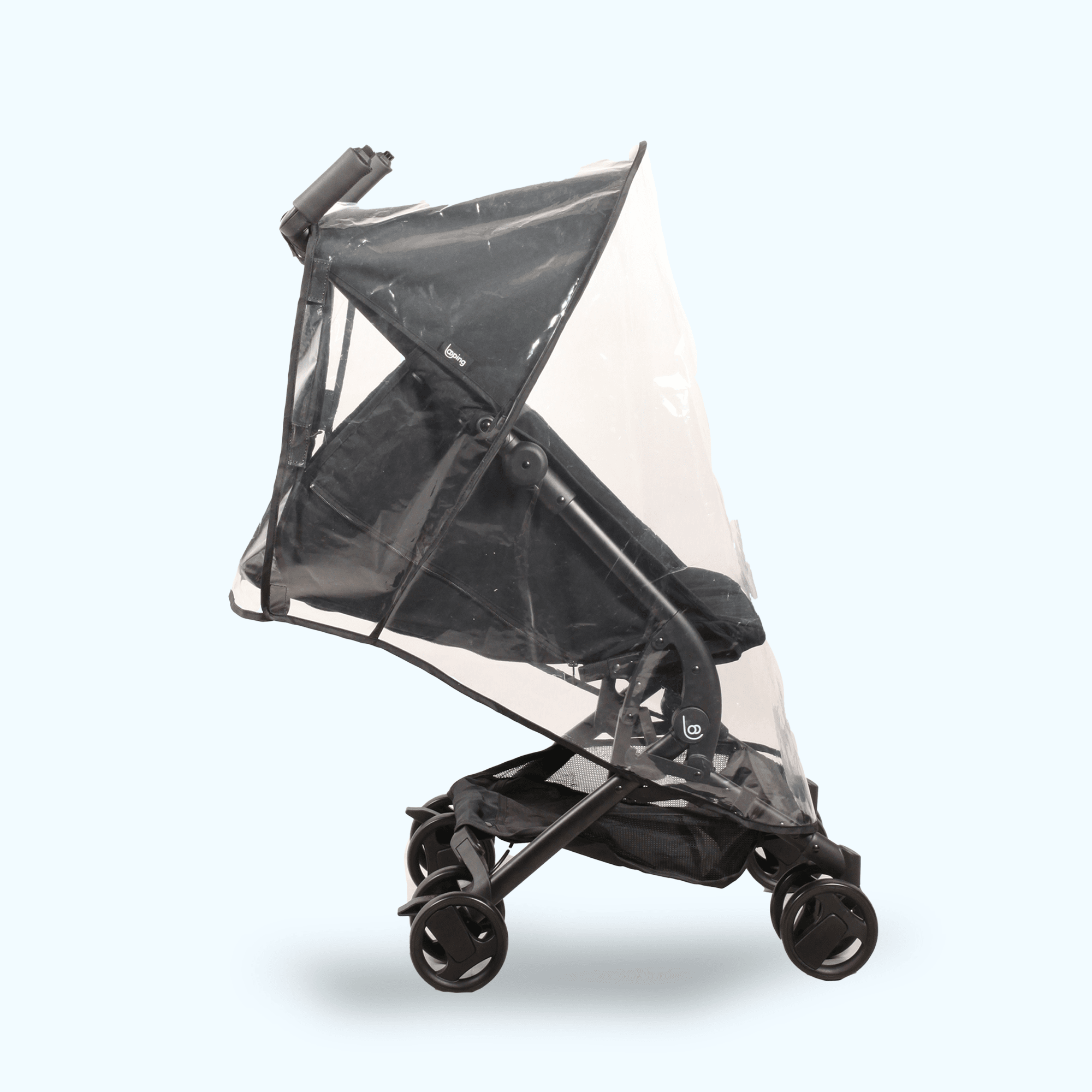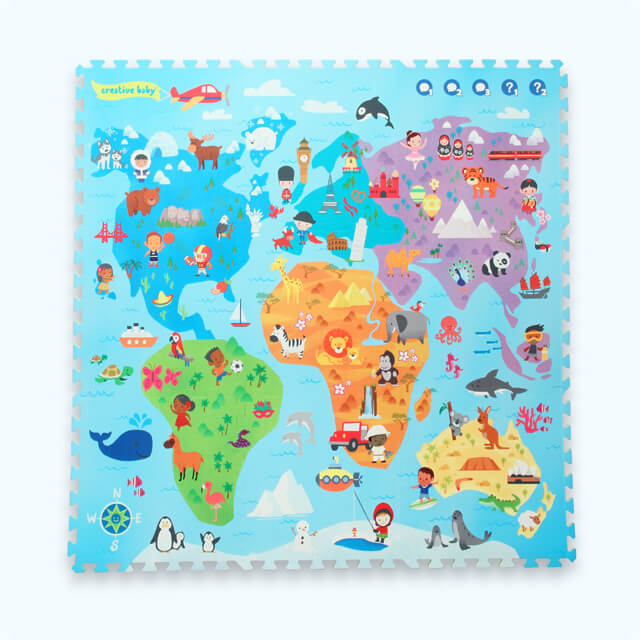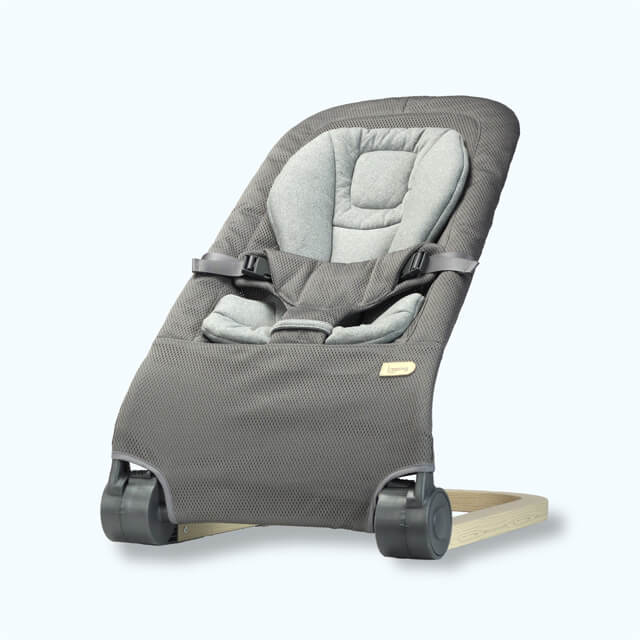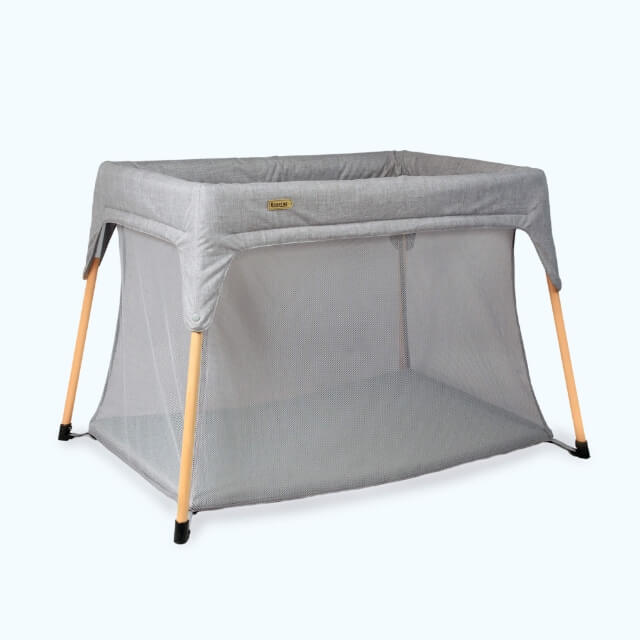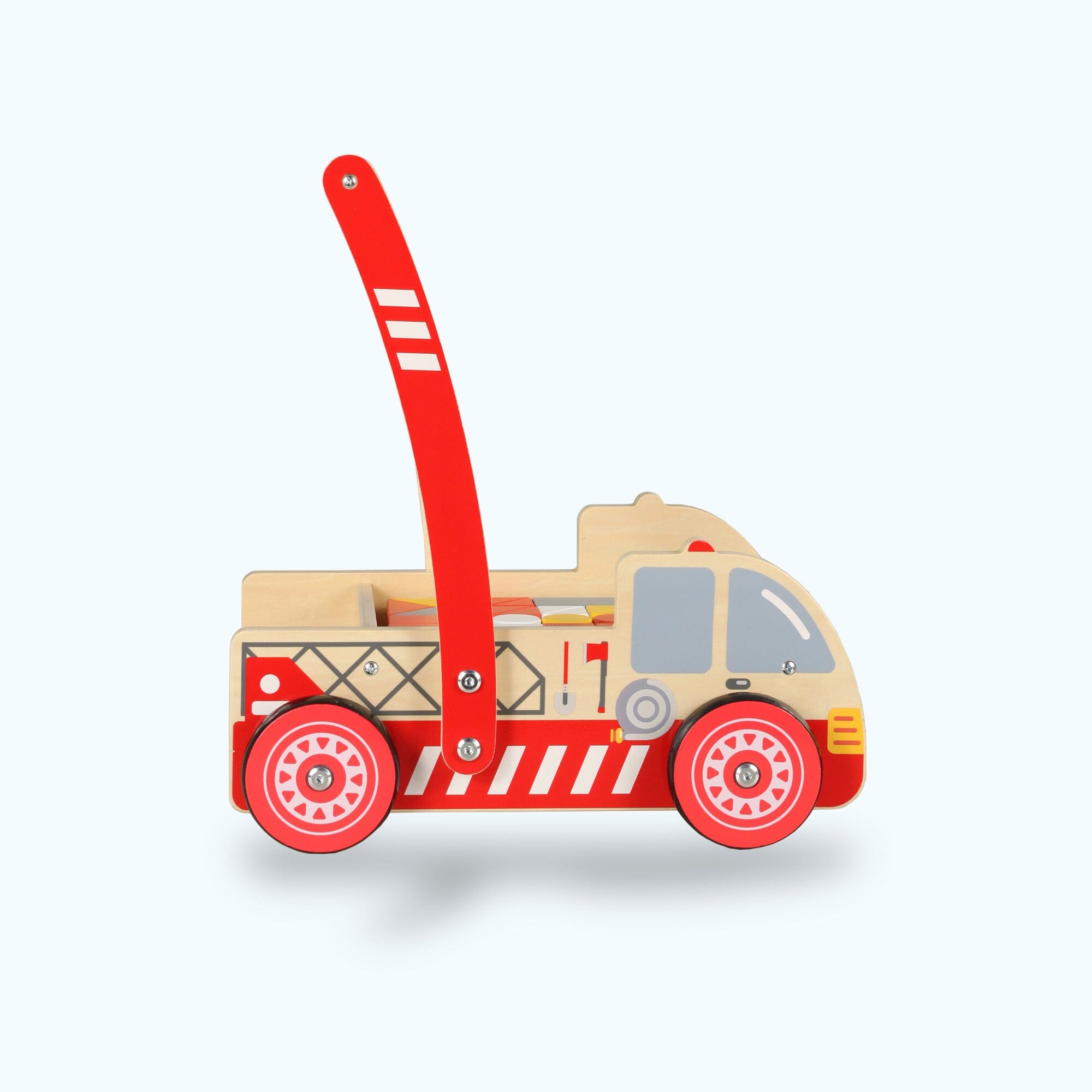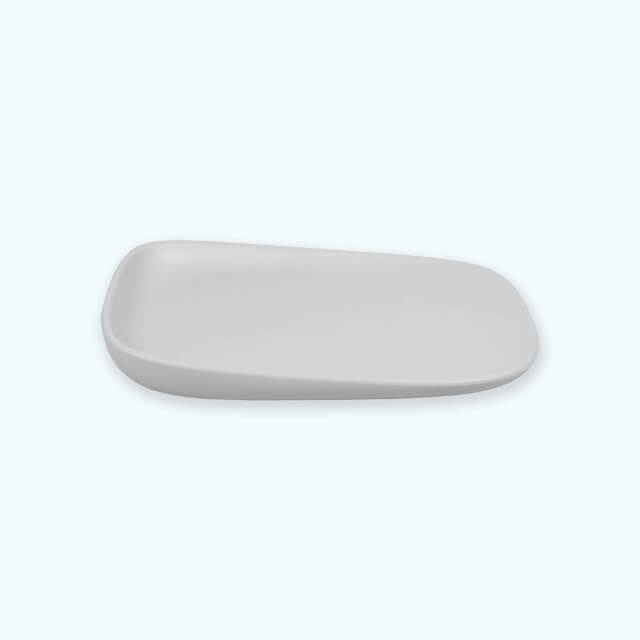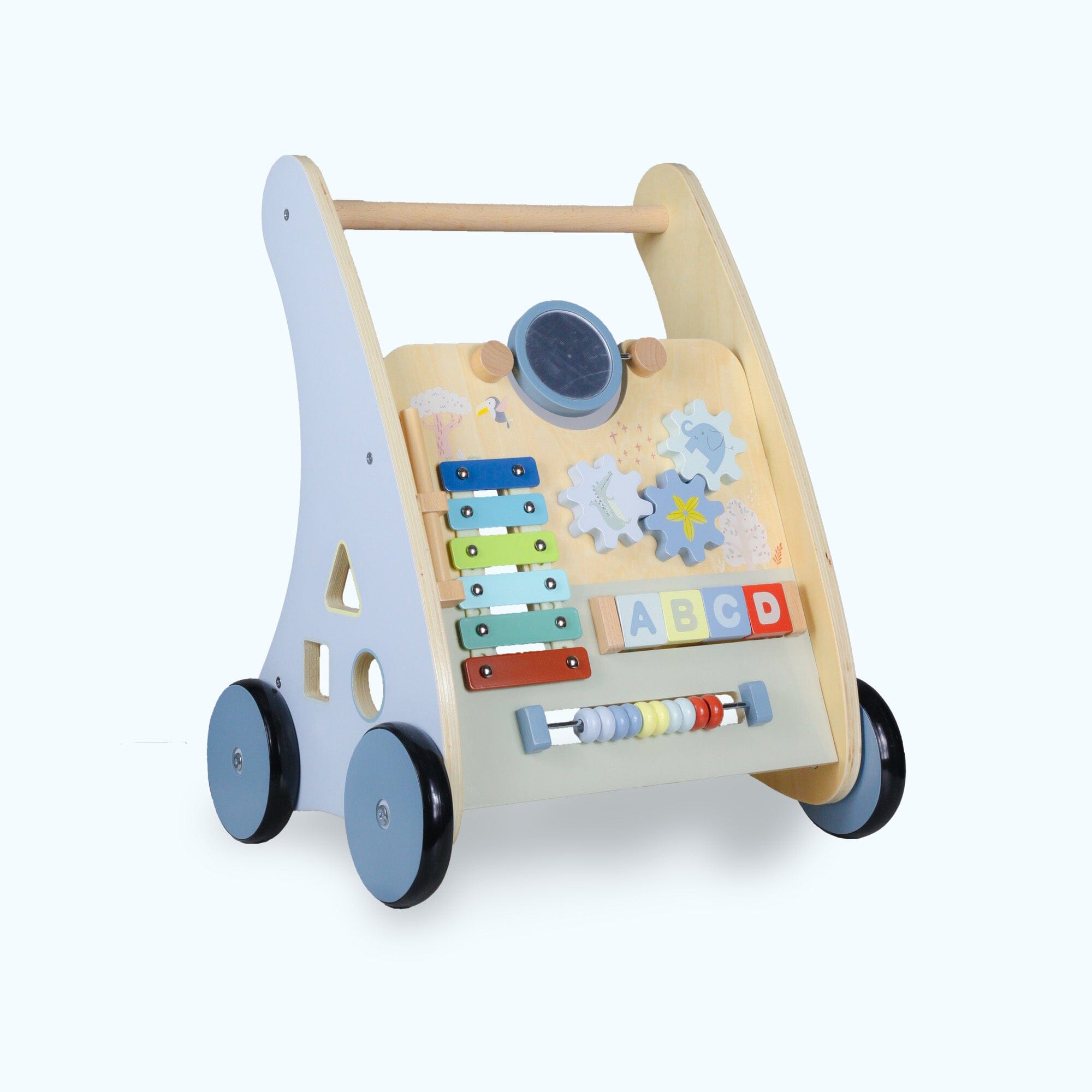In this time of health crisis, you are many parents or future parents asking questions about the Coronavirus. Are there any risks for my child, my baby, my pregnancy?
We therefore asked several questions to Brendan Marlien, intern in medicine at the Bordeaux University Hospital. Its answers are directly based on the recommendations of the CGNOF (National College of French Gynecologists and Obstetricians) , midwives and a lot about her personal experience and his knowledge.
1- What are the gestures to adopt with a child, baby?
As with many more well-known infections (colds, bronchitis, sore throat, etc.), the objective is to reduce the risk of transmission of the germ to your child as much as possible.
The actions to adopt are therefore those that we all already know:
- careful and very regular hand washing,
- distance of 1 meter,
- cough well into his elbow,
- regular washing of surfaces in contact with our hands…
These measures are actually very difficult to implement with children, especially at a young age. Indeed, it's not a miserable virus that will prevent him from putting his cube in his mouth, from asking for a big hug, from drooling everywhere, from touching everything. It's up to you parents to make sure that your hands, your clothes, your face are clean when you interact with your child, and to regularly clean your environment and his.
PS: No hydro alcoholic gel on the surfaces that baby can touch, it would be too easy otherwise.

2- How to protect yourself and avoid any contagion?
Protecting yourself and by extension protecting your child means applying the strictest barrier measures and confinement, so as not to become infected if you are healthy and not to transmit the virus if you are sick. No miracle cure...
3- How is the virus transmitted?
It is a germ that is transmitted by "droplets". He is present in our postilions. When we speak, we sputter up to 1 meter hence the safety distance. When you cough, you sputter up to 15 meters away, hence the major interest of coughing into your elbow. The sputters are permanently on the lips, and when we put our hand to the mouth the sputters pass on our hands, then on our telephone for example, then on the hand of your child who plays with it, then in his mouth, before to be inhaled into his lungs.
4- What are the symptoms and when should I consult?
The main symptoms are fever (> 38° as a reminder), a dry cough, shortness of breath. They can be accompanied by other symptoms (headaches, body aches, diarrhoea, etc.). These are symptoms found in many viral infections as you may note. In the vast majority of cases they are well tolerated and mild, and you will recover spontaneously without medical help!
The only antipyretic and analgesic drug to take is PARACETAMOL (this is the international nonproprietary name, which is usually written below the brand name or directly if generic). The recommended dose per day is 60mg/kg divided into 3 to 4 times.
- 60 kg or more: 1 gram 4 times a day (6 hours between each minimum intake)
- Between 45 and 60 kg: 1 gram 3 times a day (6 hours between each minimum intake)
- Between 30 and 45 kg: 500 mg 4 times a day (6 hours between each minimum intake)
- Between 20 and 30 kg: 300 mg 4 times a day (6 hours between each minimum intake)
- Less than 20 kg: syrup in dose/weight or suppository (do the calculation with your pharmacist)
It is important to choose the form (capsule, tablet, oro dispersible, sachet, etc.) that best suits you or your child (the tablet to be swallowed in children can quickly become a drama, etc.)
DO NOT TAKE ANTI-INFLAMMATORY (ibuprofen, ketoprofen and anything that ends in -fen, diclofenac, niflumic acid, aspirin , corticosteroids , etc.) unless you have a background treatment.
For parents: If you cough and have a fever, but you are breathing well (you are not out of breath when you do a small action, or when you talk), and if you do not have severity factors ( pregnant woman, asthma, chronic smoker's bronchitis, chronic respiratory failure, severe heart failure, severe renal failure, stage B cirrhosis, treatment of autoimmune disease, transplant patients, progressive cancer, malignant hemopathy, age >70 years, etc.) you can delay and call your doctor or 15 if shortness of breath appears.
If you are a person at risk, it is best to call your doctor for an initial assessment.
For children: you have to act like any infection, and ask yourself the right questions:
- Does my child tolerate fever well? (no shivering, marbling, he remains well toned, his hands and feet are at the usual temperature)
- Does my child have a stuffy nose? If yes, nose wash ++++
- After washing his nose, is my child breathing properly? (slow, wide breathing, no abdominal rocking, no bluish lips, his ribs do not appear with each breath).
- Can my child eat or drink? If so, divide bottles and meals to allow him to eat more easily.
If the conditions are not met, make an appointment with your doctor, or call 15.
5- Is there a risk of fetal contamination?
Unfortunately, we have very little hindsight to answer this question. Cases of new born COVID + have been described, but asymptomatic, without it being known whether the transmission was vertical or perinatal. There is no question of fetopathy for the moment, but it must be understood that a pregnancy lasts 9 months and that we are in the 3rd month of the epidemic, which makes any analysis very precarious...
6- If yes, what could be the consequences on the fetus?
For the moment, the rare studies do not show any consequences on the fetus. On the other hand, an infection in pregnant women can lead to premature delivery, spontaneous miscarriage… By analogy, it must be the same with the coronavirus.
7- What conditions for mothers and babies for childbirth in the midst of a crisis?
The protocols evolve daily and depend on each maternity, I will not describe them. In any case, the measures are particularly drastic, with a ban on all visits, and in some cases even that of the spouse.
8- How to protect newborns?
Barrier measures! Wash your hands with soap and water or rub your hands for 30 seconds with hydro alcoholic gel before touching your baby. If you are sick and you cough, you avoid kisses, you wear a mask (which can be prescribed by your attending physician to the extent of available stocks….). It may be heartbreaking, but all contact between the newborn and visitors must be prohibited during this period. Breastfeeding even when sick is always recommended, with a mask and after washing your hands.
9- Is a pregnant woman more likely to be infected with the coronavirus?
The recommendations are changing day by day, but as a precaution we consider for the moment that being a pregnant woman, especially in the 3rd trimester, is a risk factor (which was already the case before the current pandemic). For example, fever can induce poor tolerance in the fetus, contractions... In addition, a restrictive syndrome (less air in the lungs) exists in these patients because their belly presses on the base of the lungs. To date, any pregnant woman with fever and cough should call 15 to be referred. (subject to change..)
10- Are measures taken in hospitals?
To live it at present in the hospital where I work, these are more than measures that are taken, it is a total transformation of the care system which aims to absorb the surplus of patients, to have the material and human resources to do so, and to prevent contamination between patients and/or with caregivers. I will not describe them because they evolve from day to day, and depend on each hospital structure. I work in a region where we are lucky to have the time to prepare, unlike the Grand-Est for example. But to be clear, the virus itself is not the greatest danger, and the vast majority of people infected will experience it as a common cold. The real risk is that our healthcare system will not be able to take care of the people at risk who will need our help. And it is for this purpose that the barrier and containment measures are in place and must absolutely be respected. We must not have everyone falling ill at the same time, otherwise we will be overwhelmed and some people we could have treated and saved will not be. We count on you !
Questions asked by followers on our instagram account @squizzloopingofficial:
@bruna.k.grilo: An 18-month-old baby who has recurrent bronchitis is at risk?
First of all, the term bronchitis is a big medical catch-all that is difficult to parse when your child has never been examined. Your child is at an age where he builds his immunity and often falls ill.
If your child has had bronchiolitis, or bronchitis requiring the use of a bronchodilator (Ventolin®, Brycanil®, etc.), he is probably asthmatic. He has bronchial hyperreactivity which can be triggered by an allergen and/or by a germ. As with all infections, he is probably at greater risk of having respiratory symptoms. If a background treatment is in place, it is important to continue it. If he develops respiratory symptoms he must consult. Coronavirus, RSV, rhinovirus and many others can induce this bronchial hyperreactivity, which is well relieved by treatment in the vast majority of cases.
@my_pretty_family66: Should we continue to vaccinate our children during this period?
Yes yes, again yes and above all yes. Only, you just have to make sure of the procedure to follow before entering your doctor's waiting room. Some doctors, for example, prefer that patients wait in their car.
After these several days of confinement, putting your baby to sleep is becoming more and more complicated? So don't hesitate to read our article with our selection of music that sends your boutchou into the arms of Morpheus in a few minutes;)
